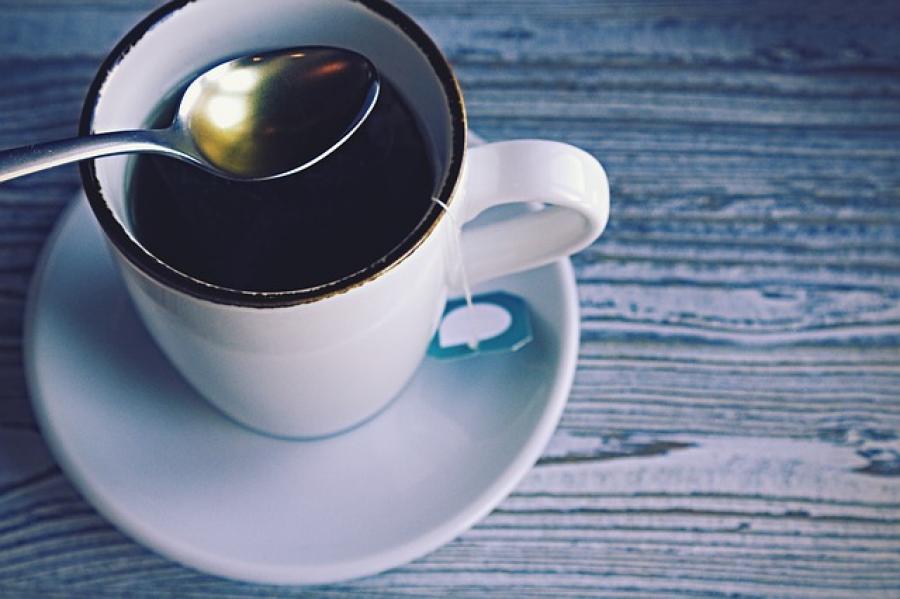Plastics aren’t always easy to identify. They may be incorporated with other materials, such as the protective layer in ice cream tubs. These hidden plastics rarely get recycled and often can’t be reused. Here we make some of the invisibles visible.
Fleece
When washed, garments made from fleece and other synthetic fibres shed tiny threads that make their way into the sewage system and, eventually, our waterways.
Tetra Paks
Milk and juice cartons are made of paper, but they’re treated with polyethylene film to prevent them from getting soggy. Neither the plastic layer nor the paper can be reused or recycled unless separated.
Face and body scrub
Many personal care products contain microbeads as exfoliants. The sale of most of these products will be banned in Canada as of July 1, but they linger during the phase-out period.
Cotton swabs
Some brands attach the cotton buds to either end of a plastic wand that, despite its size, can take years to break down.
Tea bags
Regular tea bags contain up to 30 percent heat-resistant polypro- pylene to hold the paper together in water, and they aren’t fully biodegradable. Most pyramid tea bags are plastic, while some are made from cornstarch.
Wet wipes
The Guardian newspaper declared wet wipes “the biggest villain of 2015.” No wonder: most disposable cleaning cloths for personal and household use contain plastic fibres that won’t biodegrade and will remain in landfills for centuries. What’s more, they often make their way to the sea, washing up on shorelines.
Fabric softener sheets
Anti-static laundry sheets used in the dryer are also made from plastics. Plus, like many wet wipes, they contain chemicals that may be harmful to human health.
Other invisibles
Coffee bags and some packages that look like aluminum foil are actually made of plastic. So are produce stickers (they need to be removed before any peels are tossed into the compost). And cash register receipts are a mix of paper and BPA and can’t be recycled.
“Yes we can – and should – all commit to using less plastic, but what we really need is a systemic change. As a society, we need to consume less overall and examine our throwaway culture. And we need government policies that ban plastics and hold the industry accountable for the negative effects on the ecosystem that its products are having”
~ Nikki Sanchez, David Suzuki Foundation
This story first appeared in The Observer‘s April 2018 edition with the title “Surprising places plastics lurk.”















